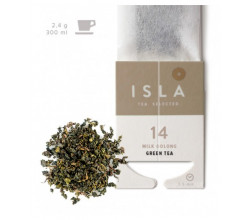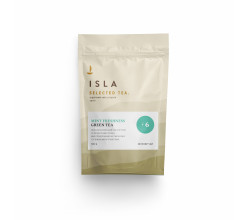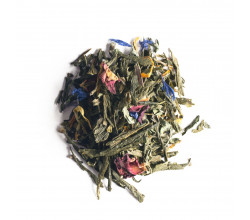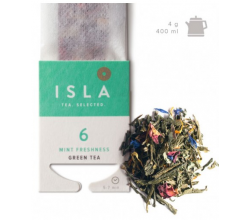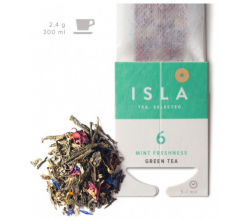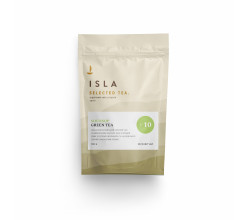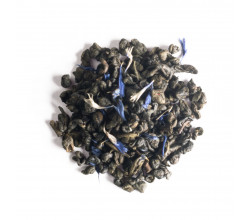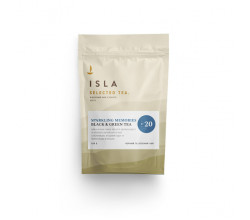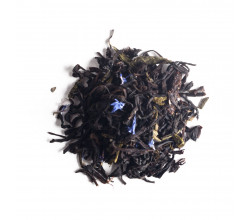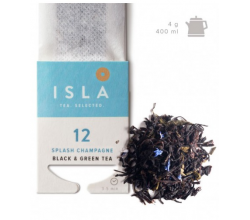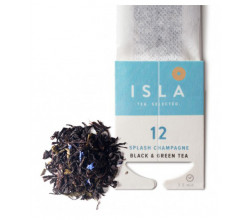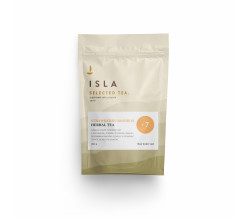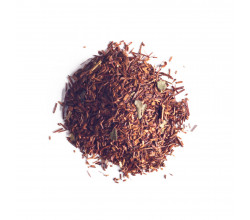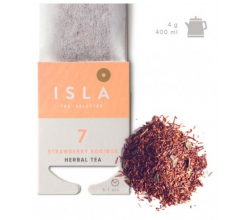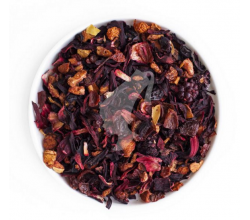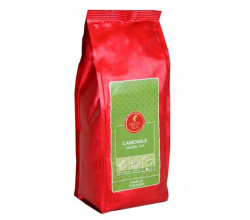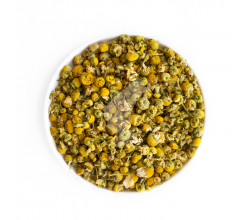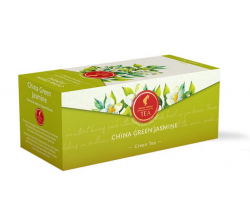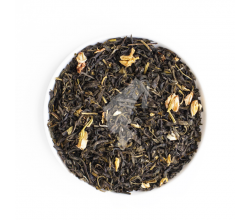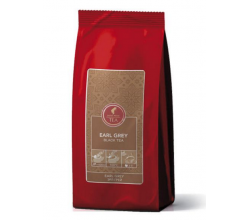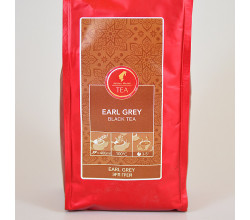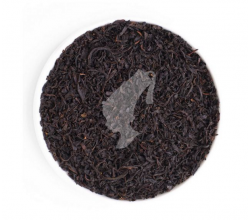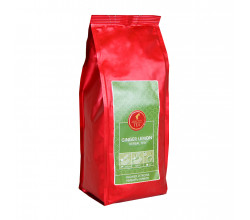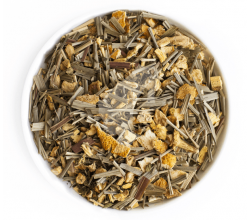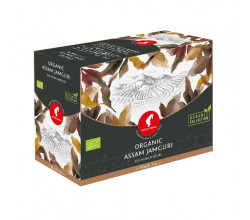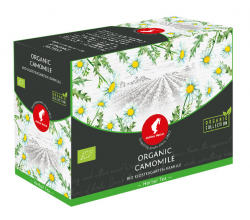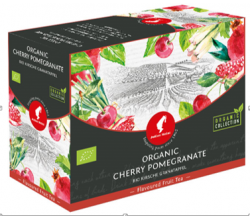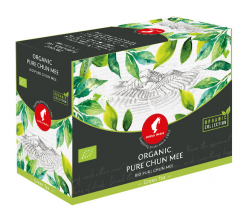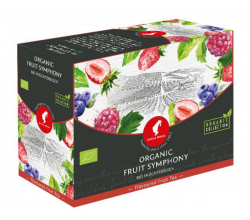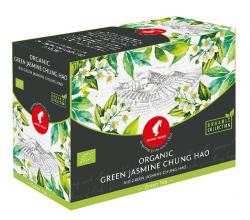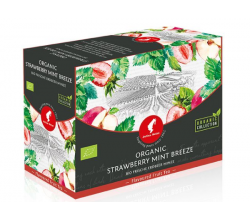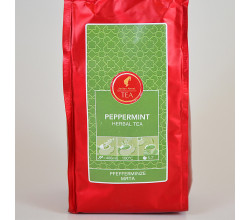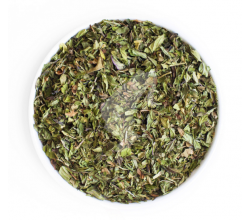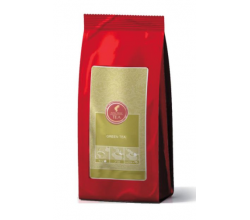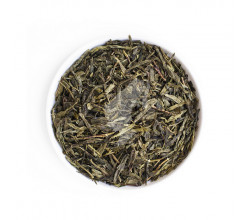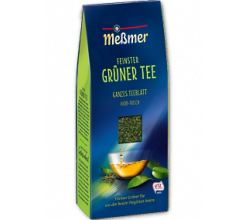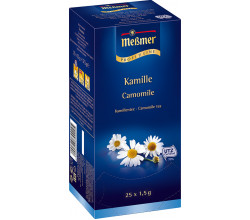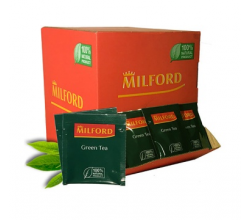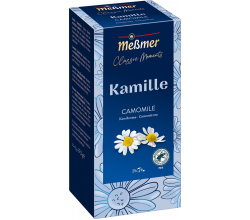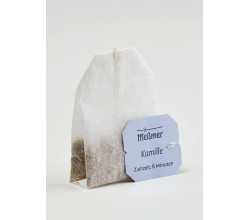Tea
Tea: History and Legends
Tea is an integral drink in our everyday life. But do we know enough about him?
The tradition of brewing tea leaves came from China of the Shang era. Interestingly, then the drink was considered healing and was used for medical purposes. In addition, tea consumption was also considered a sign of status and well-being.
The origin of tea envelops many legends. According to the most popular of them, in the 28th century BC, Emperor Shen Nun traveled with his retinue and, stopping at a halt, ordered to bring water. According to his decree, all drinking water was boiled for safety, and when the servants put the cauldron on the fire, several dry leaves fell into it from the nearest bush. The emperor tasted the drink, noting its pleasant taste and invigorating properties. So tea came into use, spreading to the countries of Asia.
He came to Europe thanks to the Portuguese missionaries and merchants in the 16th century. Gradually, the news about the drink expanded. Tea has become fashionable, especially in the Netherlands, Germany and France. It is noteworthy that in Britain tea began to be consumed everywhere only in the 18th century. Around the same time, black tea became more popular than green tea, the British also added sugar and milk to the drink to soften the taste.
Later, in 1820, India was first mentioned in the context of tea. The British discover wild tea in the Assam area. After 14 years, in 1834 the first experimental plantations were broken. However, knowledge about the proper cultivation of tea is still not enough. Because of this, the crop is harvested too early and so, according to legend, Earl Gray tea appears, which has a relatively weak taste relative to other varieties.
At the same time, tea supplies from China are stopped. Opium wars are going on and the product is smuggled into Britain and other countries. This era is called the “hounds of the ocean” era. This is what sailing ships called clippers, which could develop speed unprecedented at that time, delivering tea from Hong Kong to London in 95 days. This race was not accidental. The vessels that arrived first received cash prizes, because the quality of the product significantly depended on the speed of delivery.
At the same time, tea is also popular in the States. In the 18th century, it was imported from Britain, giving the British considerable profit thanks to a special “tea tax”. He was so tall that in the end, American ports refuse to accept any British goods. In the end, this led to the famous Boston Tea Party, the arrival of British troops and the outbreak of the War of Independence. Interestingly, now in America tea is not drunk quite the same as in Europe. According to statistics, 80% of tea is drunk by Americans with ice. The tradition originated at the 1904 St. Louis World's Fair. Then there was abnormal heat, and few people were interested in ordinary hot tea. Then the enterprising worker of the pavilion decided to add ice to the drink. For the innovation lined up.
What awaits tea in the future? Now the main trend is a healthy lifestyle, and this interest has reflected in the tea industry. People often look for tea for a specific purpose: to cheer up, to relax before bedtime, etc. In addition, in the context of a trend toward informed consumption, it becomes important for people how tea was grown, whether production was ethical, or whether employees receive a decent salary. The environmental impact of the industry is also important.
At the same time, tea, as before, remains a source of strength, a pleasant companion, an occasion to talk and relax. It has not changed so much over the past 5000 years, and we can enjoy a cup of hot drink, as did Emperor Shen Nong.

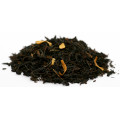
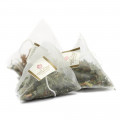
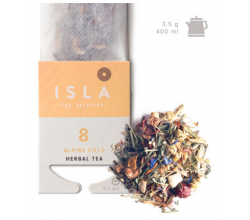
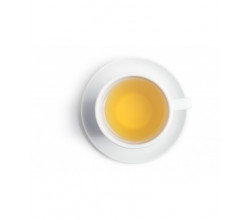
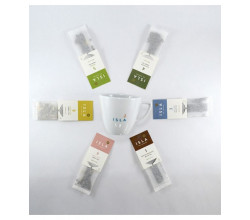
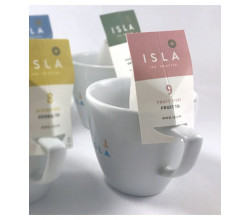
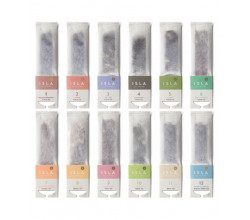
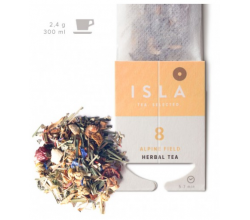
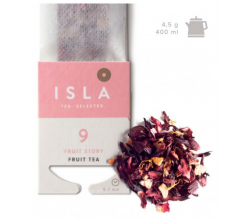
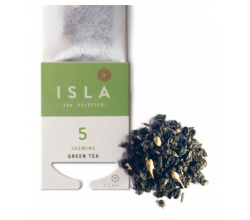

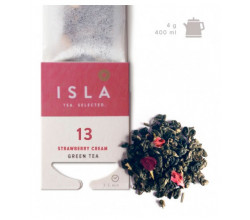
-250x220.jpg)
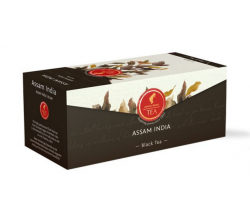
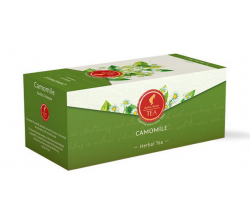

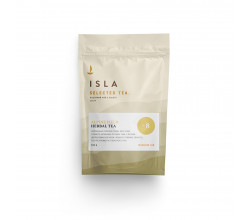
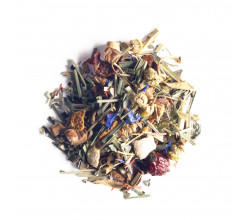
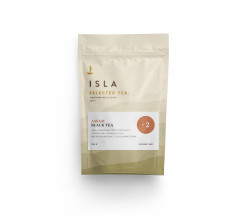
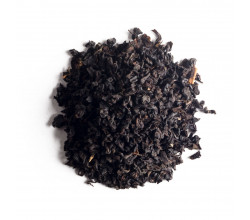
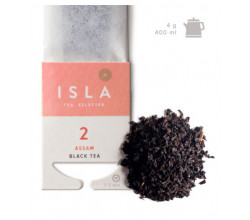
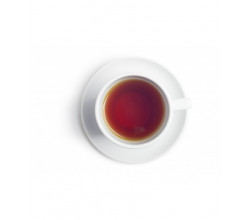
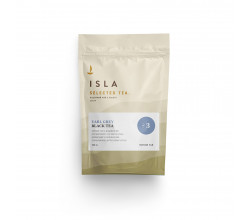
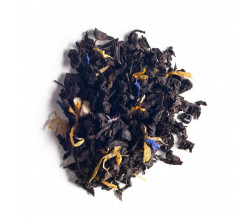
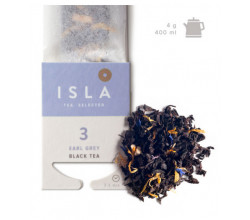
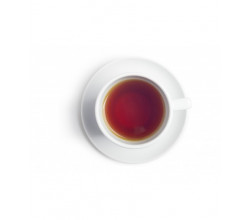
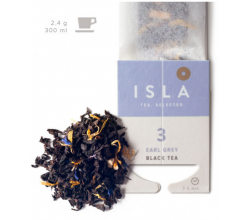
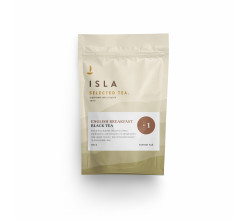
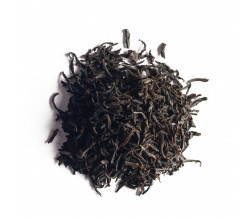
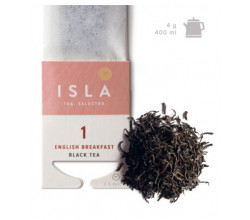
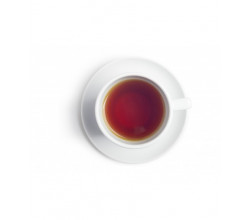
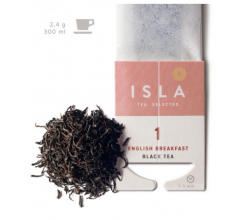
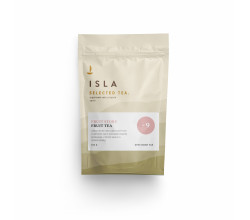
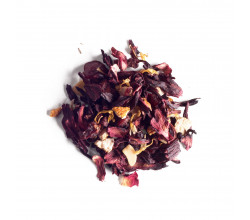
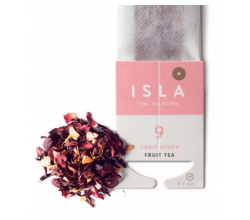

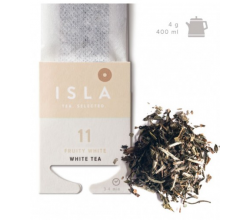
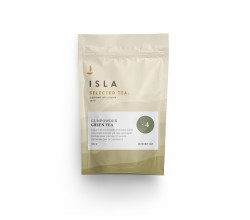
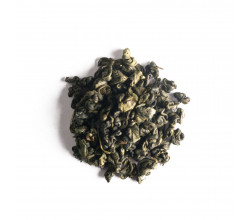
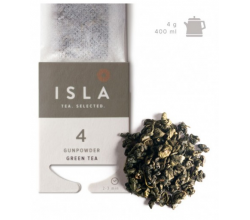
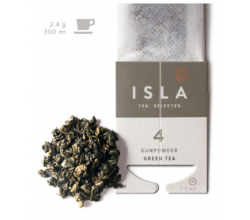
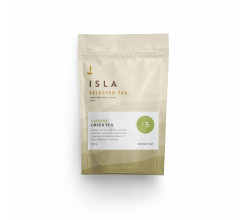
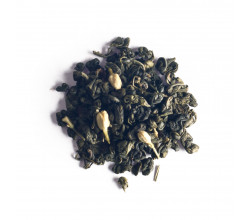
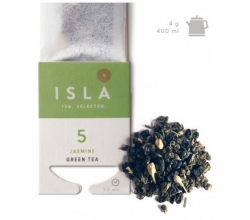
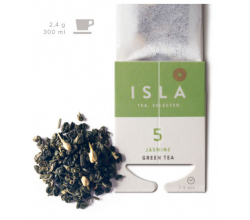
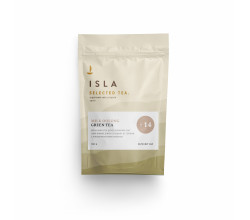
-250x220.jpg)
